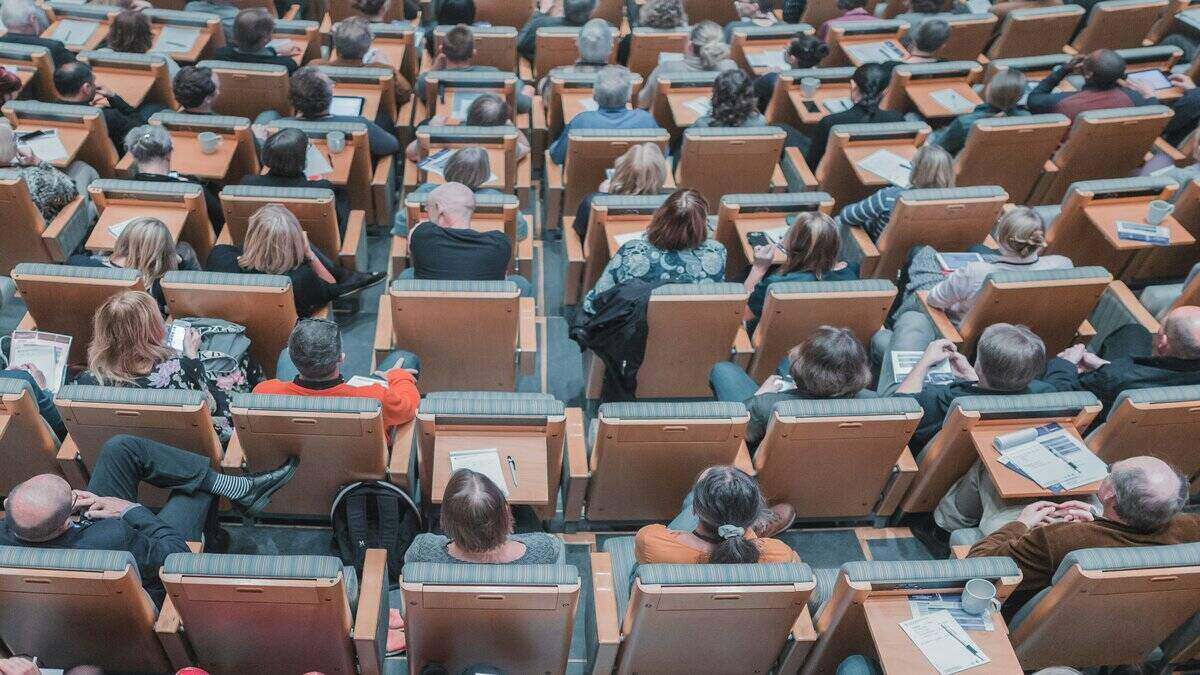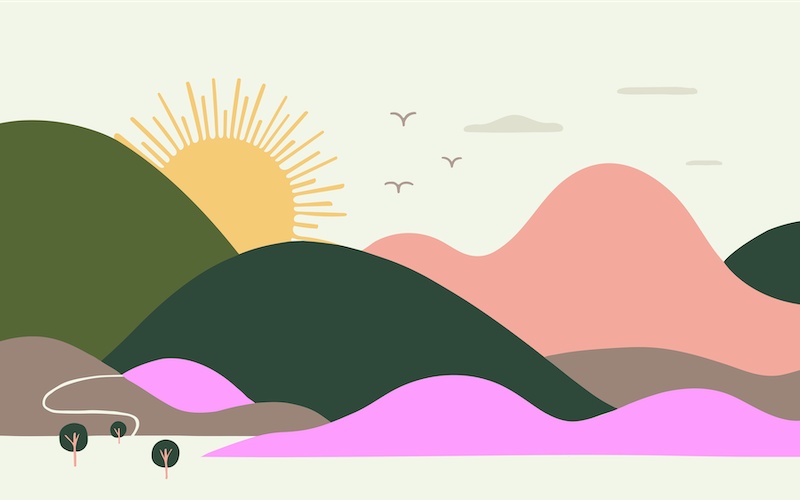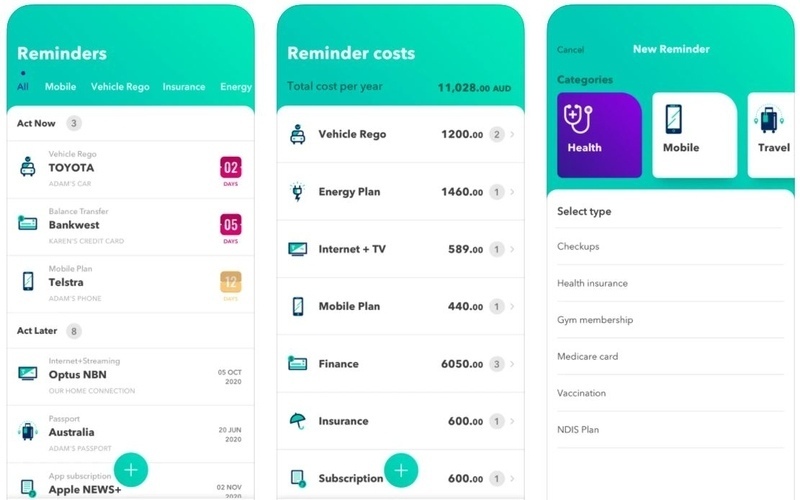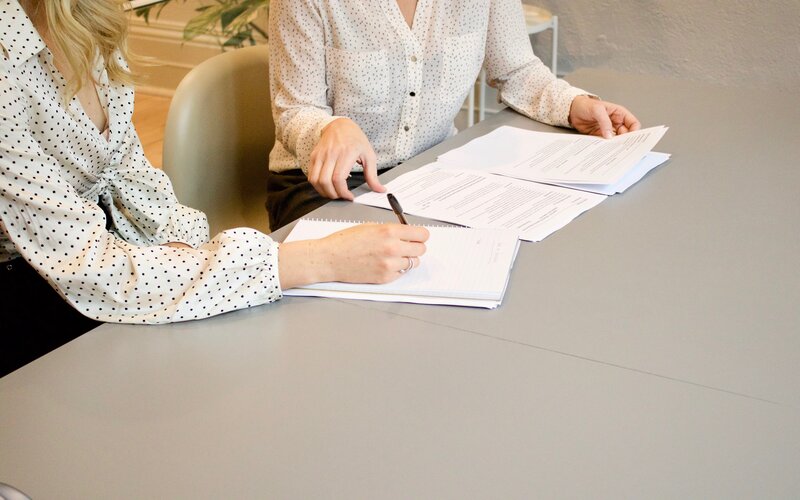Demand truly outstripped supply when tickets for Taylor Swift’s Australian concerts went on sale last year, and those who missed out are now facing a wave of scammers.
More than four million Australians were said to have attempted to get hold of tickets to the pop star's Sydney and Melbourne shows, with an extra two concerts bringing the number of lucky attendees to around 630,000.
It’s unsurprising then, that social media is awash with disappointed fans attempting to purchase tickets secondhand, and criminals are taking advantage.
Scammers are hacking the social media accounts of individuals, using them to sell fake tickets to victims’ friends, the Australian Competition and Consumer Commission (ACCC) warns.
“This scam is a low act, seeking to take advantage of fans, many of whom are young and are desperately trying to secure a ticket to make their dream of seeing Taylor Swift live come true,” ACCC deputy chair Catriona Lowe said.
The ACCC’s Scamwatch has already received more than 270 reports of people being scammed while trying to buy tickets to The Eras Tour on social media, a sad state of affairs the competition watchdog knows all too well.
More than $135,000 has been lost to the scam so far – a number that’s likely to rise in the coming weeks.
The majority of reports have come from where the concerts are being held: NSW and Victoria, with those in the states having lost $54,645 and $53,607 respectively.
“We are working with law enforcement and social media platforms to combat these scams but are concerned that scam activity is only going to increase in the lead-up to Taylor Swift’s arrival,” Ms Lowe said.
"We are urging fans to be alert to scammers and think twice before seeking to buy a ticket on social media, even if it’s from a friend or community page you trust.”
Fans are being urged to only purchase tickets from an authorised reseller.
Ticketek is the only ticket sales platform authorised to sell Taylor Swift tickets and its resale platform – TMarketplace – is the only official reseller.
However, fans might find themselves tempted to buy a spot at the show from a friend or acquaintance.
If that’s the case, the ACCC advises the buyer to contact the seller through a different channel, via a text or phone call perhaps, to confirm they haven’t been hacked.
Finally, the watchdog urges Australians to pay through secure platforms, such a PayPal, Apple Pay, or Google Pay, instead of providing credit card details.
Should the RBA worry about ‘Tay-flation’?
With a wave of fanatical fans expected to descend on Melbourne from 16 to 18 February and Sydney from 23 to 26 February, a blip of spending, which could trickle into heightened inflation, in the two cities could be expected.
After all, people will likely be flying to the locations, booking accommodation, buying merchandise, and generally having an exciting, and potentially expensive, time.
“No doubt it will put money into the economy, but there are several aspects to that,” Shane Oliver, AMP head of investment strategy and economics and chief economist, told Savings.com.au.
“One is that, at a time of household stress, people prioritise their spending. Where some would have spent big on Taylor Swift tickets, they will probably also cut back elsewhere.
“The other aspect is that the profits from the event will go overseas, as Taylor Swift is not an Australian citizen.”
While the increase in spending could bolster inflation, any resulting increase is likely to be short-lived, he assured.
“I think that could result in a temporary boost to February’s Consumer Price Index (CPI) number, and then be offset by a pullback, so I wouldn't see it as having a lasting effect.
“Not enough to cause the Reserve Bank to raise interest rates further.”
The Reserve Bank of Australia (RBA) board will come together just 10 days before Taylor Swift first takes the stage down under.
Economists at the big four banks all forecast the central bank to keep the cash rate steady next month.
The impact of the A-lister’s visit on the consumer price index (CPI) could be evident in March, when the February read is released by the Australian Bureau of Statistics (ABS).
Following that, inflation levels for the three months ending March will be released in April.
Image by Eva Rinaldi on Wikimedia Commons



 Harry O'Sullivan
Harry O'Sullivan
 Denise Raward
Denise Raward

 Harrison Astbury
Harrison Astbury
 Alex Brewster
Alex Brewster

